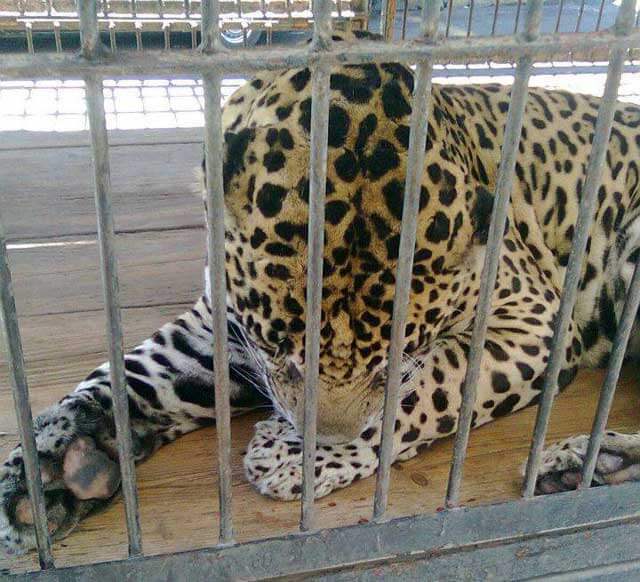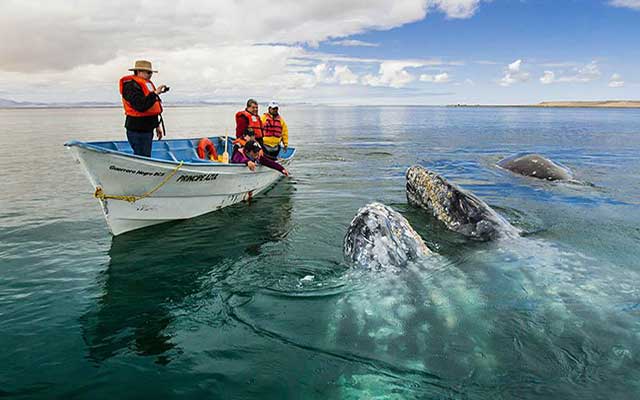The Lasting Legacy of José Mujica: Social Justice and Austerity
José Mujica: Progressive Policies and Latin American Leadership
Reading time: 1 minute, Discovery Chepe Id-699-SOC
Published on 05-13-2025

José Alberto Mujica Cordano was born on May 20, 1935, in Montevideo, Uruguay. Coming from a modest background, Mujica grew up with a strong sense of justice and social responsibility. His father, a small farmer, passed away when José was still a child, and his mother supported the family through her hard work.
Revolutionary Years:
In the 1960s and 1970s, Mujica became actively involved in the Tupamaros, a left-wing urban guerrilla group. He participated in various political actions and was imprisoned multiple times. Mujica spent nearly 14 years in prison, including long periods in solitary confinement, during Uruguay's military dictatorship. His time in jail deeply shaped his character and political philosophy.
Political Career:
After democracy was restored in Uruguay in the 1980s, Mujica entered formal politics. He joined the Movimiento de Participación Popular (MPP), a sector of the Broad Front coalition.
He served as Minister of Livestock, Agriculture and Fisheries between 2005 and 2008 under President Tabaré Vázquez. His simple, straightforward style and connection with the people gained him great popularity.
In 2009, Mujica was elected President of Uruguay and took office on March 1, 2010. His presidency lasted until 2015.

José Mujica: A Biography of Uruguay's Humble President
Presidency and Ideology:
Mujica became internationally known as the ?world's humblest president? due to his austere lifestyle. He refused to live in the presidential palace, chose instead to reside in his rural farmhouse, donated most of his salary to charity, and drove a 1987 Volkswagen Beetle.
His government focused on social reforms, economic stability, and progressive policies. During his tenure, Uruguay became one of the first countries to legalize same-sex marriage and marijuana. He also strongly supported education, healthcare, and renewable energy development.

Legacy:
Mujica's leadership left a deep mark on both national and international politics. He is admired for his authenticity, moral integrity, and coherent lifestyle.
He proved that a president does not need to live in luxury to lead a nation effectively. His vision of equality, dignity, and sustainability continues to inspire movements around the world.
Many consider him a symbol of honesty in politics. His speeches at the UN and other international forums, in which he criticized consumerism and defended environmental protection, are widely quoted today.

Later Years and Death:
After leaving the presidency, Mujica returned to his rural life and continued to serve as a senator until 2020. He officially retired from politics due to health concerns.
José "Pepe" Mujica died on May 13, 2025, at the age of 89, at his estate in Rincón del Cerro, on the outskirts of Montevideo. The cause of his death was esophageal cancer, diagnosed in 2024, which later spread to his liver. In January 2025, Mujica announced that his illness was terminal and decided to discontinue palliative care, requesting to be left alone in his final days.
José Mujica was more than a politician. He was a philosopher of everyday life, a revolutionary turned democratic leader, and a global advocate for simplicity and justice.
His life is a testament to the power of convictions, and his legacy continues to guide generations seeking a more equitable and humane world.
See Also
Discovery Chepe
Most read...















